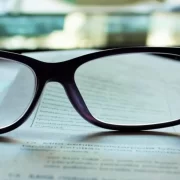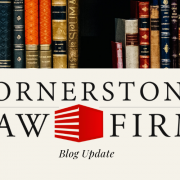Retraction in Defamation Cases
One of the legal principles that is most familiar to the American public is that of defamation of character. Popularized through television, movies and some of the most sensational news stories covering legal events, libel and slander cases hold the fascination of the public. One major element to defamation cases is the doctrine of retraction.
What is Retraction?
Retraction is simply the “taking back” of what you have said about someone else. This happens frequently in newspapers, where the editor admits an error and retracts the statement. Frequently, this retraction is topped off by some sort of statement like “the post regrets the error.” Why did they do this?
These sorts of retractions are often done for journalistic integrity, but more importantly they are done to avoid libel suits. A libel suit is a suit for written defamation as opposed to slander which is spoken defamation. When a newspaper, a blog or any other written outlet believes they may be sued, one way they can “mitigate the damages” is by publishing a retraction. In the old days, it was required that someone who wanted to sue over defamation had to send a demand for retraction before instituting suit. This is no longer the case in Pennsylvania, but demanding retraction still makes sense, even for the plaintiff.
Why Demand a Retraction?
The main reason is that a demand for a retraction, if ignored or refused, helps to prove one of the hardest elements of a defamation case — the malice of the speaker. A defamation case requires proving more than that a person said something false.
It requires proof that:
- The statement was false
- It is damaging to one’s character
- It was intentional
Accordingly, sending a demand for retraction is a way of eliminating a writer’s claim that they were mistaken about the facts that they reported, rather than intentionally lying.
Surprisingly, this approach can still work even in the day of modern publishers when many of the individuals that someone might be wishing to pursue for defamation are either private parties or small-time publishers. A demand for a retraction provides an opportunity to frame the issue clearly before it is brought into court. And of course, in the event that they agree to retract, in many cases, the damage can be mitigated or undone.
If you believe you have been defamed by someone else or you have been accused of defamation, contact Cornerstone Law Firm so we can help you to figure out your next steps.









